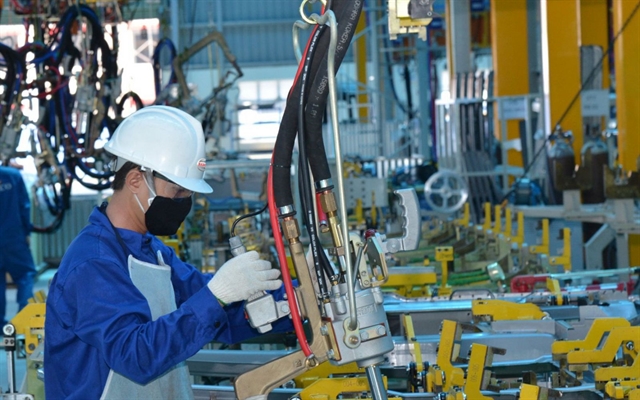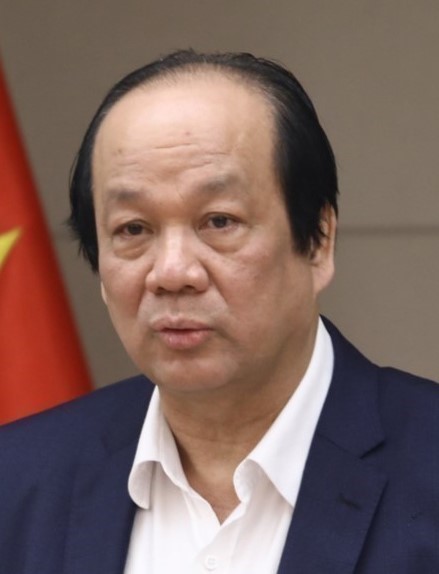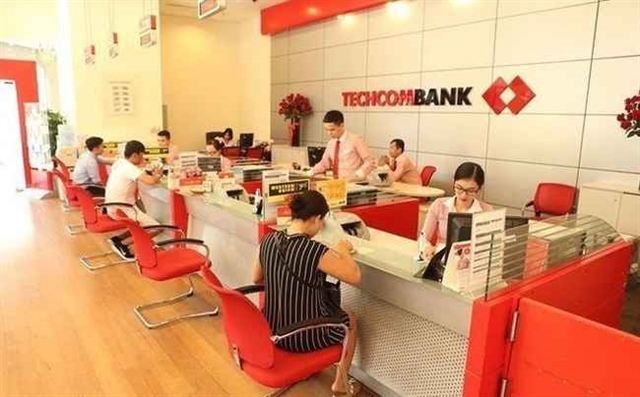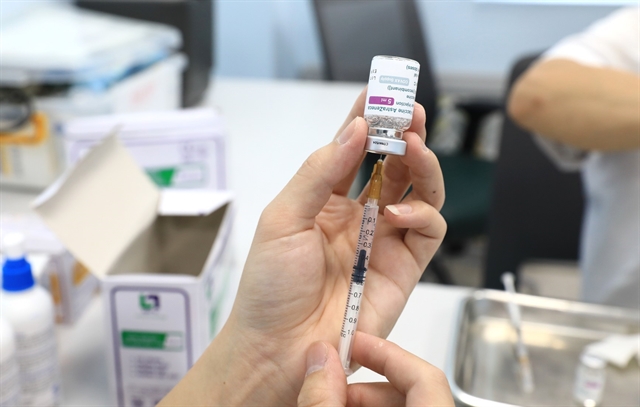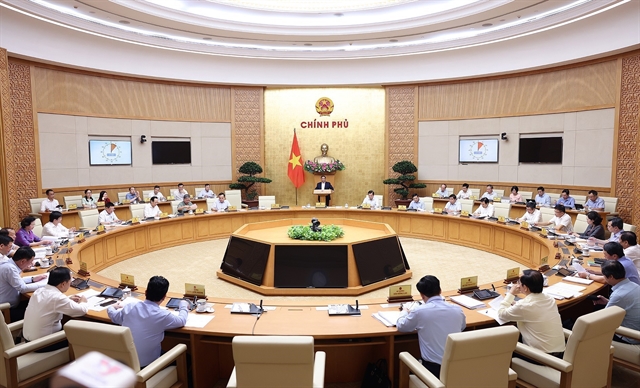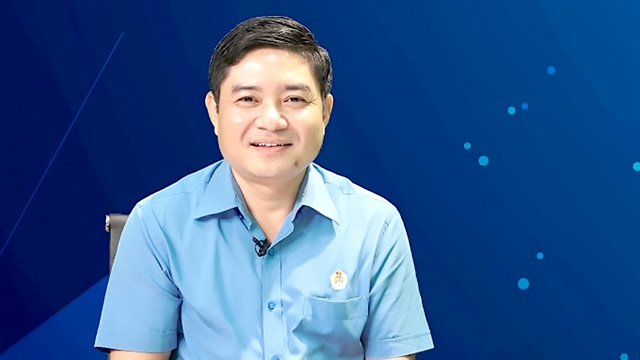 Opinion
Opinion
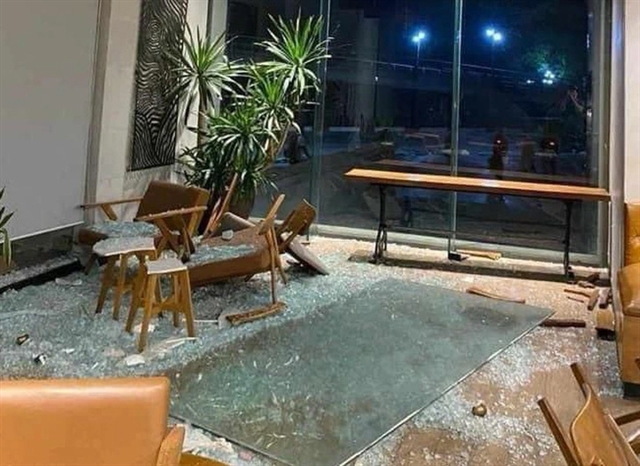
Nguyễn Hữu Chính, Chief Judge of the Hà Nội Supreme People’s Court, talks to Vietnam News Agency about the Government’s resolve to give due punishment to any person using their power for their personal interest.
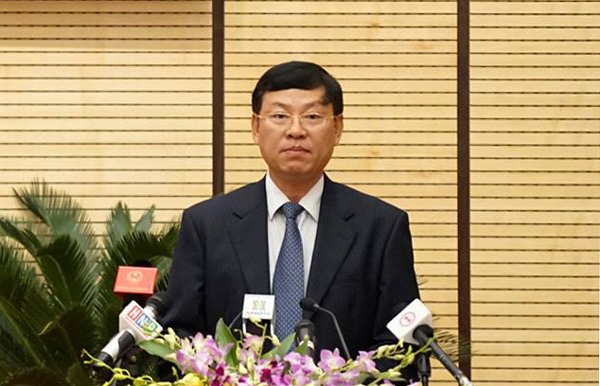 |
| Nguyễn Hữu Chính |
Nguyễn Hữu Chính, Chief Judge of the Hà Nội Supreme People’s Court, talks to Vietnam News Agency about the Government’s resolve to give due punishment to any person using their power for their own personal interest.
In the first three months of 2018, the Hà Nội Supreme People’s Court launched legal proceedings against some senior government officials, CEOs of enterprises and economic groups for their alleged economic misappropriation and embezzlement activities. Do you think the jury board in the trial was under a lot of pressure?
It was not the first time that the Hà Nội Supreme People’s Court conducted a major economic trial against defendants who were holding senior positions in big economic entities.
Before that the court already conducted some court cases against people in high positions of power such as Lã Thị Kim Oanh (former director of a State company under the Ministry of Agriculture and Rural Development, convicted of embezzling US$4.6 million and causing losses of $2.2 million to State budget), Bùi Tiến Dũng (former general director of the Ministry of Transport’s Project Management Unit 18 - PMU18, convicted of bribery and illegal gambling), Dương Chí Dũng (former director of Việt Nam Maritime Administration, convicted of intentionally violating State regulations and embezzling State assets), Nguyễn Đức Kiên (former vice chairman of the founding council of the Asia Commercial Bank, convicted of misappropriating company assets, intentionally violating State economic management regulations, tax evasions and illegal trading), and others. Those trials were very successful and won the approval of the public.
In my opinion, the biggest pressure that the jury board was faced during the trials was how to make their judgements in line with the country’s legal system. To do that all members of the jury board had to spend a lot of time reading documents relating to their cases and the resumes of the accused.
A guiding principle that all the jury board members held high during the trial was that all citizens are equal before the law, and that no one is above the law.
What are your assessments on the final verdicts of the three court cases?
I did follow closely all the three court cases and I must say that the jury board did a good job, and that they were all objective in making their judgements during the court case.
A guiding principle of equal instituting proceedings against the accused was strictly observed throughout the trail. Furthermore, throughout the court cases, the jury board considered carefully all the evidence written in the dossiers and the declarations of the accused, as well as the defence statements given by lawyers and by the accused themselves.
In short, I should say that the final verdicts for the accused were totally in line with our laws, and demonstrated our society’s humanity and educated nature. The verdicts also won high approval from the general public.
For example, the verdict handed down to Nguyễn Thanh Liêm – a former Council Member of Petro Việt Nam (PVN) in the PVN case, in which PVN contributed VNĐ800 billion ($35 million) to OceanBank was met with approval.
Before making the final verdict for Liêm, the jury board had carefully considered his personal and family records – both of his parents were martyrs during the American War against Việt Nam and he himself is a disabled person, having difficulties in walking due to the side-effects of the war.
Based on these facts, the jury board handed down a verdict of 20 months of probation on Liêm.
How do you respond to some of the petitions lodged by the jury board following the three court cases?
In my opinion, a key objective of those petitions is not to let any criminal to go free without due punishment.
During a court case, if any evidence is provided that points to a new individual or organisation being guilty, then investigation agencies should launch an investigation in accordance to the law.
The other point is that functional agencies should review concerned legal documents to overcome shortcomings and weaknesses to fill up the void in our current management system – there are loopholes in our system that have enabled some ill-intentioned people to take advantage. — VNS

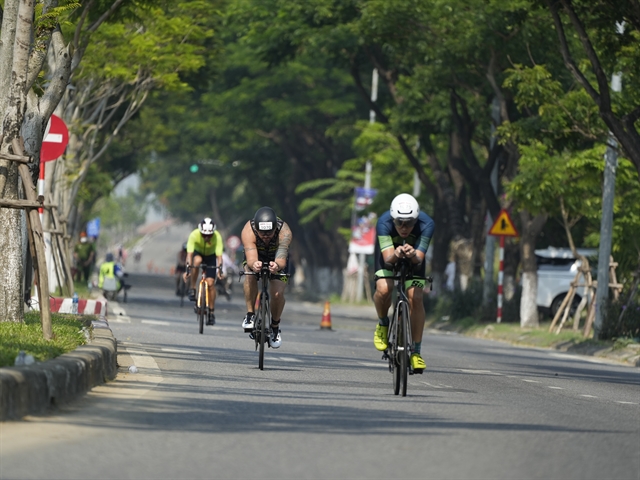

.jpg)
